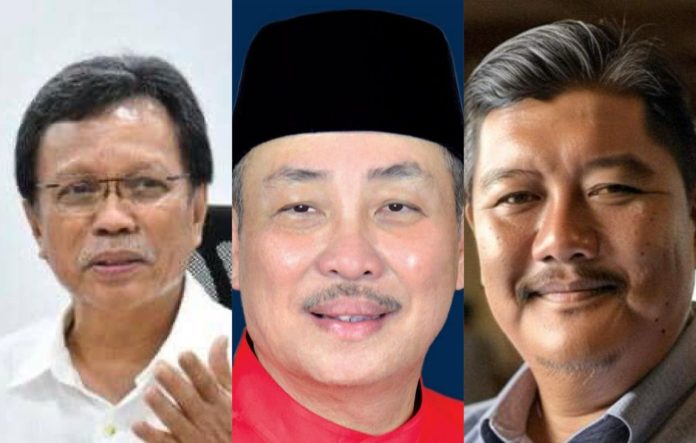By Social activist Remy Majangkim
KOTA KINABALU: As we approach the state election this year, the question arises: Should Warisan be given the mandate to manage the state of Sabah once again?
This is an important question for all of us, especially since the party president announced that Warisan will run independently in the upcoming election to represent the voices of Sabah and challenge the status quo.
This strategy is reminiscent of their approach in the 2018 campaign, where they leveraged the momentum of an unfamiliar party that triumphed over established political giants. Back then, Warisan allied with Pakatan Harapan 1.0, establishing a gentlemen’s agreement focused on collaboration, good governance, and anti-corruption.
In the 2025 election, Warisan confidently stands alone against the formidable strength of Pakatan Harapan 2.0 and its allies.
The stage is set for what could be the most significant and high-stakes Sabah state election to date.
Metaphorically speaking, can Warisan navigate the challenging circumstances that lie ahead, foster unity within its ranks, and avoid potential dissent among its members?
In its short stint in government, Warisan has an impressive report card compared to other political parties.
It has demonstrated competency in managing state resources, exposing significant corruption practices, and reclaiming our lost rights within the context of the Malaysia Agreement.
The two most notable achievements are reclaiming and further defining our continental shelf under the land ordinance in 2018.
This is the location of our oil and gas reserves, which falls under the jurisdiction of the state.
This was followed by the introduction of the petroleum tax, which mandates Petronas to pay billions in taxes to the state for oil and gas products extracted from our continental shelf. Note how these two moves are connected.
The choice is clear and goes beyond ethnic diversity in the state. Skilled manipulators create confusion and hostility among voters.
Ultimately, the decision is yours.
Voters are raising critical questions to Warisan and its leaders as they observe the choices available, eager to decide which direction will shape their future.


